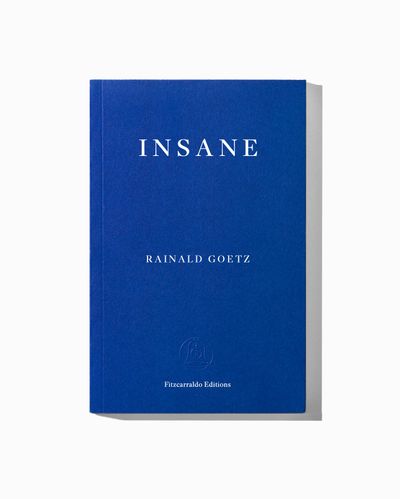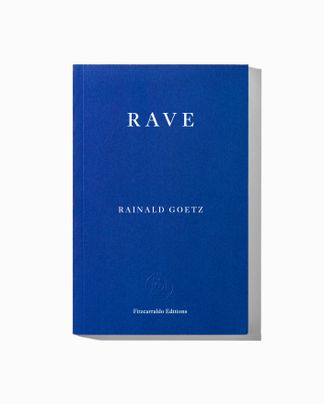The translation of this work was supported by a grant from the Goethe-Institut which is funded by the German Ministry of Foreign Affairs
Translated for the first time into English, cult German author Rainald Goetz’s debut novel Insane draws upon his clinical psychiatric experience to paint a portrait of the asylum as a total institution. We follow a young psychiatrist, Dr Raspe, who enters the profession dreaming of revolutionising its methods. Confronted by day-to-day practices and the reality of life in the psychiatric hospital, Raspe begins to fray at the edges. The very concept of madness is called into question in a brutal portrayal of patients and psychiatrists and the various treatments administered, from psychotherapy to electroshock therapy. What is madness? And who is truly mad? Diving headlong into a terrifying and oppressive world, Insane is a veritable journey into the madhouse by one of Germany’s most prominent and contentious authors.





